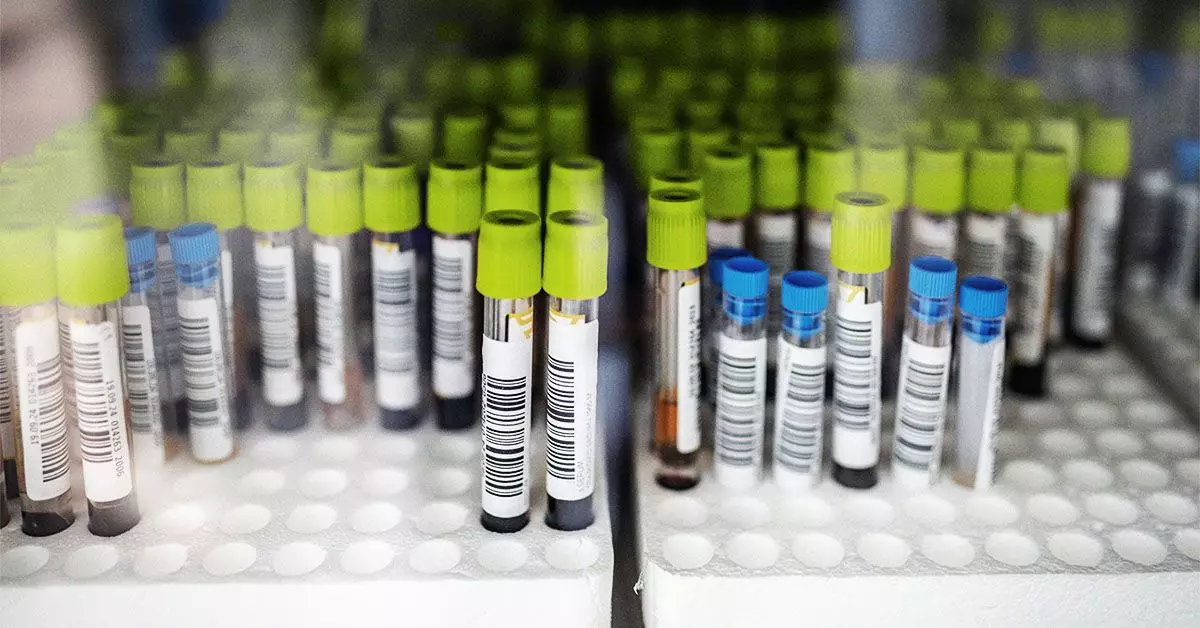Philadelphia-positive acute lymphoblastic leukemia (Ph+ ALL) is a distinct and concerning subtype of acute lymphoblastic leukemia (ALL), primarily emerging from a unique genetic alteration. Recognized for its association with the Philadelphia chromosome, this leukemia type is characterized by a fusion gene that leads to pathological changes in white blood cell production. Unlike other forms of leukemia, Ph+ ALL predominantly affects adults, constituting approximately 30% of adult ALL cases while manifesting in only about 1% to 2% of pediatric ALL instances. Understanding Ph+ ALL is crucial, as effective diagnosis and treatment can significantly improve outcomes for patients suffering from this aggressive malignancy.
The clinical presentation of Ph+ ALL bears similarities to other ALL subtypes, comprising symptoms that often arise due to the surplus of immature white blood cells, termed blast cells. These excess cells infiltrate the bone marrow, restricting the production and function of healthy blood cells. Patients may experience fatigue, pallor, unexplained bruising, recurrent infections, and weight loss. The onset of these symptoms can be stealthy and easily attributed to other health issues, which underscores the importance of timely medical intervention. Patients exhibiting these symptoms should seek medical attention promptly, as early diagnosis is integral to effective management.
The pathological mechanism underlying Ph+ ALL involves the formation of the BCR-ABL1 fusion gene due to a translocation between chromosomes 9 and 22. The consequence of this genetic aberration is the production of an active tyrosine kinase enzyme, which initiates and perpetuates the uncontrolled proliferation of immature white blood cells. This molecular characteristic serves as a hallmark for diagnosis, highlighting the role of genetic testing in distinguishing Ph+ ALL from other leukemia variants. Indeed, the identification of this fusion gene is not only pivotal for diagnosis but also for tailoring specific treatment strategies aimed at inhibiting its activity.
Diagnosing Ph+ ALL requires a multifaceted approach involving various testing methods. A complete blood count (CBC) often serves as the first step, evaluating red and white blood cell levels as well as platelet counts. However, to confirm the diagnosis and assess the specific characteristics of the leukemia, more specialized tests are employed. Bone marrow aspiration and biopsy provide insight into the cellular composition of the marrow. Additionally, advanced biomarker assays, including immunophenotyping, cytogenetic analysis, and fluorescence in situ hybridization (FISH), are instrumental in detecting the genetic anomalies associated with Ph+ ALL. These tests not only confirm the presence of the Philadelphia chromosome but also establish the molecular profile necessary for targeted therapies.
The treatment landscape for Ph+ ALL has evolved significantly, primarily due to the advent of tyrosine kinase inhibitors (TKIs). Such medications, including imatinib, dasatinib, and nilotinib, specifically target the aberrant tyrosine kinase activity induced by the BCR-ABL1 fusion protein. Often utilized in conjunction with traditional chemotherapy, TKIs offer a layer of specificity that improves patient outcomes by reducing the burden of leukemia from the blood and bone marrow. The principal goal of therapy remains achieving complete molecular remission, wherein no detectable signs of leukemia persist, even under rigorous laboratory scrutiny.
Emerging research continues to investigate the optimization of treatments for Ph+ ALL, focusing on the integration of TKIs into clinical practice alongside novel therapeutic modalities. Researchers aim to refine existing therapies to enhance efficiency, minimize side effects, and address resistance mechanisms that can occur with prolonged treatment. Furthermore, advancements in precision medicine promise to tailor therapies to individual genetic profiles, potentially elevating the standard of care for patients diagnosed with Ph+ ALL.
For individuals diagnosed with Ph+ ALL, the journey does not end with treatment initiation. Continuous monitoring and supportive care are paramount, as patients may experience both physical and emotional challenges during their battle against leukemia. Support groups, counseling services, and rehabilitation programs can play a vital role in assisting patients and their families navigate the complexities of their diagnosis. Education about the disease, its treatment progression, and necessary lifestyle adaptations can empower patients, fostering resilience and hope in the face of adversity.
Philadelphia-positive acute lymphoblastic leukemia presents a unique clinical challenge that requires a comprehensive understanding of its genetic basis, symptomatic manifestations, and treatment paradigms. Through ongoing research and patient-centered care approaches, the medical community strives to enhance care outcomes for those affected by this formidable disease.

